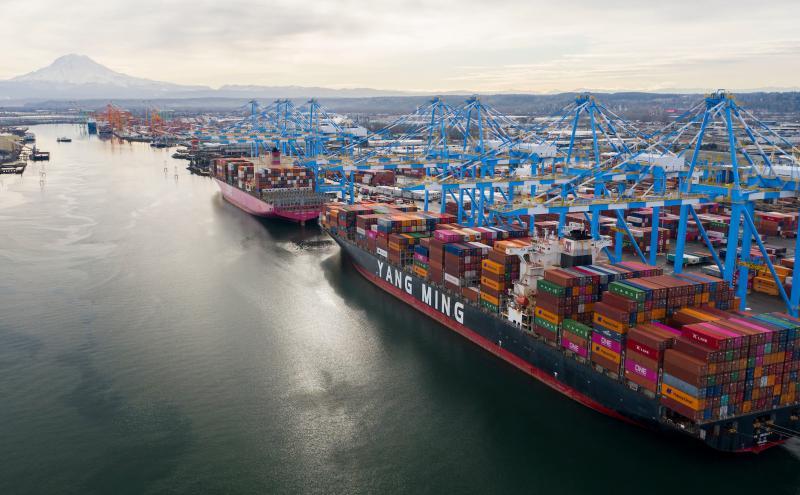There’s no denying that the global economy is balanced on a razor’s edge. With skyrocketing inflation, volatile unemployment, and pandemic-fueled supply chain issues, many companies are preparing for more bad news.
Fortunately, downturns are a normal part of a functioning economy. While massive layoffs and lower profit margins may cause a panic on Wall St., there’s no reason to abandon ship just yet. In hard economic times like these, the best thing to do is prepare for the worst and hope for the best. Below are 3 major concerns for the Logistics Industry and how you can prepare for them.
1. Labor and Shipping Shortages
Around the world, logistics companies are struggling to find skilled workers to accommodate a growing logistics industry. From dock workers to warehouse employees to truck drivers, employers are constantly battling to fill job vacancies.
Companies can prepare by expecting shipping shortages, delays, and other difficulties. One strategy can be working with multiple logistics companies. Through diversification, companies can choose the lowest-cost provider and ensure that their products will be delivered if another company falls through.
Further, companies can also prepare by stocking up on inventory. Rising prices and disruptions to the global supply chain are hard to predict. Rather than gambling with your inventory, try to prepare for scenarios that include delivery disruptions and shipping shortages.
2. Increased Freight Costs
Rising wages, gas prices, and inflation are causing prices to rise across every industry, including logistics. Along with events that have disrupted the global supply chain like the Covid-19 pandemic and the Ukraine-Russian War, shipping by land and sea has become exponentially more expensive.
For instance, transporting a 40-ft steel cargo container from Shanghai to Rotterdam now costs $10,522 , more than 547% higher than the 5-year average. With more than 80% of all goods transported by cargo ships, price increases in sea-shipping will be felt by consumers and businesses at every level.
Companies can prepare by taking measures to streamline their supply chains. Some companies are looking to simplify their supply chains by removing certain distributors or intermediate businesses from the process. For other companies, it may mean moving parts of the supply chain closer to home.
3. Managing Customer Expectations
As the pandemic forced everyone to spend more time at home, online shopping was revolutionized overnight. With more than 80% of Americans regularly shopping online , consumers have new expectations when it comes to shipment tracking and delivery times.
Despite America’s new obsession, many Americans are feeling the effects of global shipping delays. For instance, many consumers have been forced to wait months on furniture orders coming from overseas.
Companies can prepare by improving their customer communications. By making it clear that certain items will experience delivery delays, companies can avoid product returns, bad reviews, and other customer frustrations.
Whether our economy has already hit the bottom or not, economists believe the next few years will be riddled with continued supply chain complications. Therefore, it’s always better to create strategies that encompass a wide range of scenarios, so you can retain business growth and protect your bottom line.

